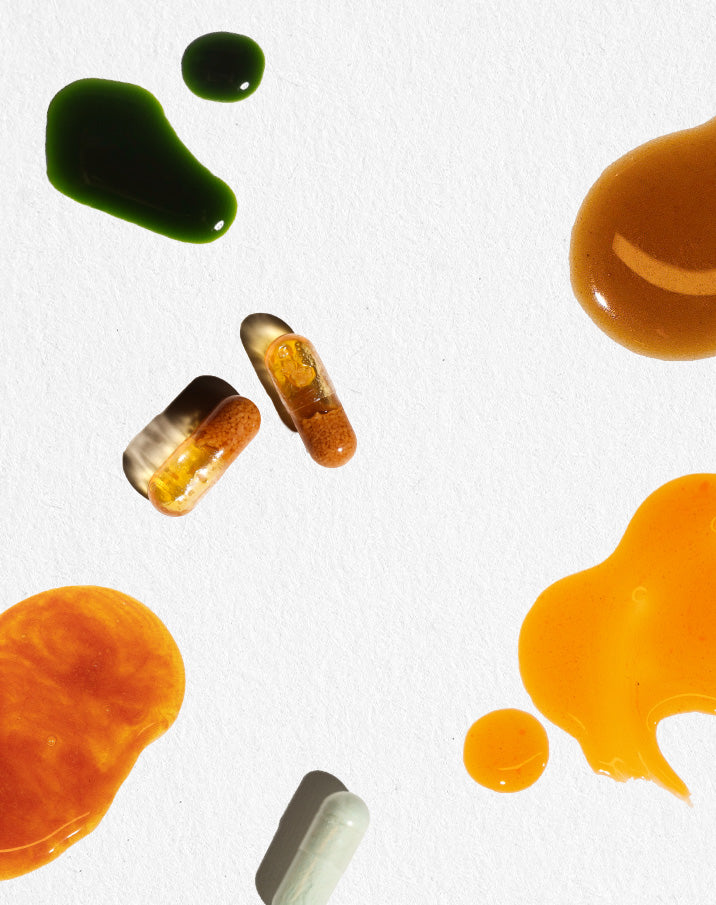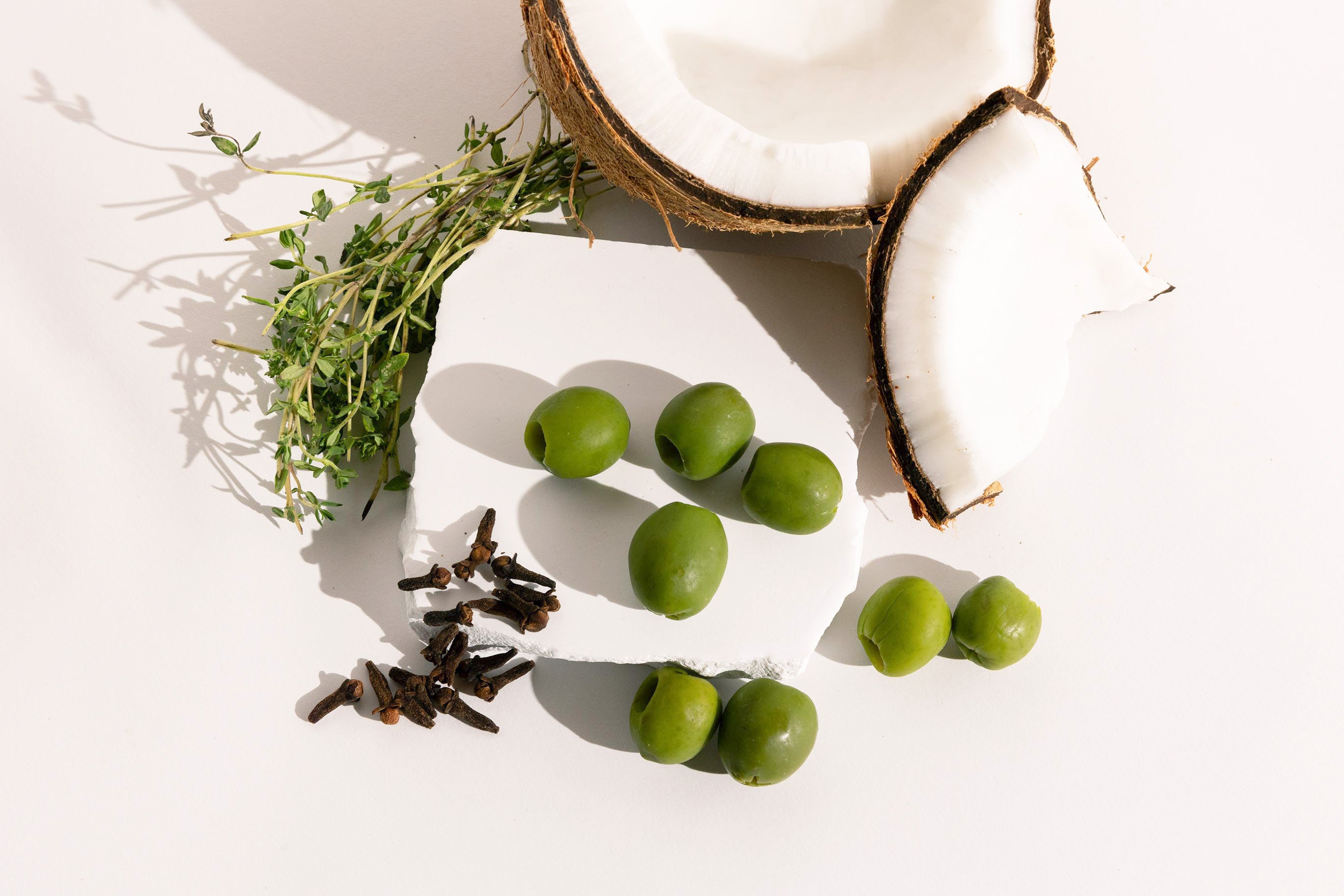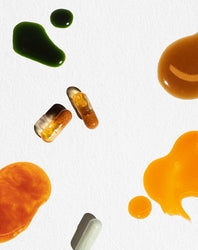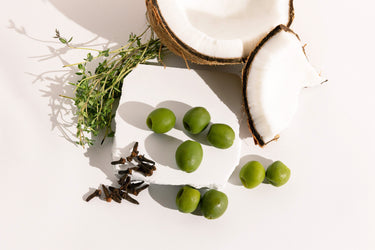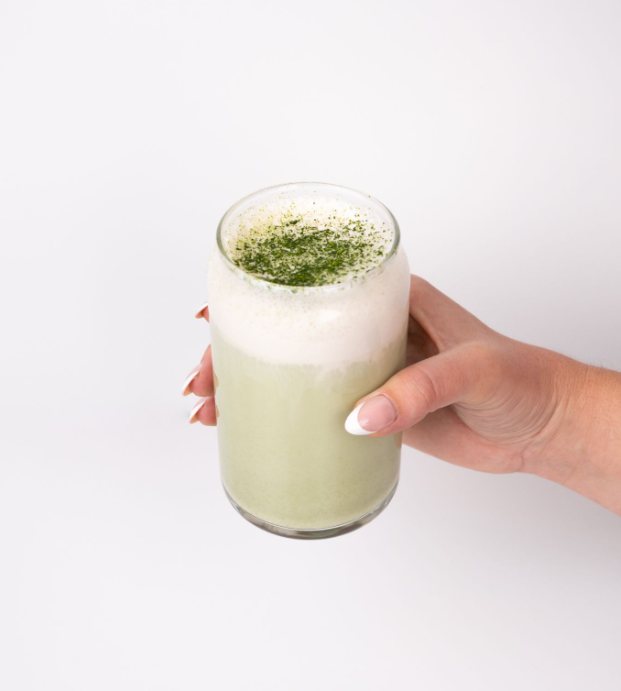
Some days feel like a breeze. You wake up, make a cup of coffee, and tackle your day effortlessly. Other days you just can’t seem to see the light at the end of the tunnel.
Whether you’re trying to make it through those last few hours at work or you’re looking for an additional burst of fuel during a particularly intense workout, sometimes you need a little extra boost. Whatever the reason, you might be wondering what you can do that’ll naturally give you energy.
If you’re looking for a long-term solution, then protein might be the answer. Although it doesn’t work like carbohydrates, which can give you a quick bout of energy, protein can help to sustain energy levels so that you’ve got enough fuel to last all day long.
Why Do You Need Protein?
Protein is one of three macronutrients—nutrients that the body needs in large quantities. Those macronutrients include:1
- Proteins
- Fats
- Carbohydrates
You need all three to function at an optimal level, and each of these three macronutrients can be converted into energy. But, your body has a preferred order of conversion.
When it comes to turning macronutrients into energy, your body goes for carbohydrates first. That’s because it’s easier to break carbs down into glucose (sugar) and then convert to energy. When it’s out of carbs, your body converts fats to energy.
Proteins, however, are complex molecules and take the longest to break down,2 therefore they’re more of a “last resort” energy source. However, just because they’re chosen last doesn’t mean they’re the worst player on the bench.
Protein plays a big role in the body by building and repairing tissue.3 Those extra reps you’re cranking out at the gym with the intention of increasing muscle growth? Protein is what helps increase your muscle mass. That’s why so many people reach for a protein shake after a workout—to repair tears in their muscles and build more muscle tissue.
How Does Protein Give You Energy?
Even though giving your body energy isn’t protein’s main priority, it can provide you with some energy boosts both directly and indirectly.
Directly speaking, your body can convert protein into energy once it runs out of carbohydrates .
Indirectly speaking, there are other ways protein lends you energy when you need it, including:
-
Avoiding a blood sugar dip – If you eat something with protein and carbohydrates before a workout (like a protein bar), you’re more likely to avoid a blood sugar spike and the energy crash that follows.
- Increasing your metabolism – If you consume enough of it (and follow a healthy workout routine), protein can help you gain muscle tissue which can increase your metabolism. A faster metabolism helps you convert food into energy more quickly.4
-
Storing iron – Protein helps store iron in the body. This is important because ensuring that you have enough iron may keep you from feeling fatigued.5
- Protein is harder to break down – Due to protein’s complex molecular matrix, it takes longer for your body to break it down and absorb it, keeping the food in your stomach for longer and prolonging that conversion from food into energy.
How Much Protein Should You Integrate Into Your Diet?
This answer varies depending on a few factors, including your age, weight, fitness goals, and your level of physical activity. Loosely speaking, 10% to 35% of your daily calories should come from a source of protein.6 If you’re consuming 2,000 calories a day, that could be anywhere from 200 to 700 calories worth of protein.
Below we’ve compiled a slightly more specific guideline of how much protein you can consume based on your level of physical exertion each week:
-
If you complete little to no weekly exercise, you’ll need .8 grams of protein per kilogram of weight7
- If you exercise multiple times per week, you’ll need 1.2 to 2 grams of protein per kilogram of weight8
For example, let’s say you lead a moderately active lifestyle and work out at the gym three times each week. More than likely, it may be best for your body to consume 1.2 grams of protein per kilogram. If you weigh 170 pounds (77.1 kilograms) then you could aim for approximately 92 grams of protein per day (based on consuming 1.2 grams of protein per kilogram).
However, if you don’t partake in any exercise outside of your daily routine, instead you’d aim for .8 grams of protein per kilogram. At 170 pounds, you’d consume approximately 62 grams of protein each day.
Of course, it’s helpful to speak with a healthcare provider before significantly increasing your protein intake. They can take your health factors into account and ensure your goals align with your lifestyle.
5 Ways to Naturally Increase Your Protein Intake
Increasing your protein intake is actually quite simple. By adding a few of these strategies into your routine, you’ll be able to consume a high-protein diet, which can help to keep you energized throughout the day:
#1 Eat Snacks High in Protein
Snacks are an excellent way to sneak in a little extra protein between meals. You can even prep protein-based snacks ahead of time to take them on the go.
If you are wondering what food gives you energy, here are a few high protein snacks to keep you fueled until your next meal:9
- Protein bars – True to their name, protein bars are packed with—you guessed it—protein! From chocolate to frosted donut, they come in a wide variety of flavors. As a bonus, many brands make their bars from plant-based ingredients, while still including anywhere from 10 to 20 grams of protein per bar.
- Trail mix – Whether you’ve got a sweet tooth or prefer a salty snack, trail mix comes in a variety of blends. Filled with a combination of nuts, dried fruit, and even decadent pieces of chocolate, you can buy a pre-made mix from your local grocery store. A two-ounce serving usually has about 8 grams of protein. You can also get creative and make your own.
- Apple with nut butter – You can’t go wrong with a classic. Apples and peanut butter (or any nut butter of your choice) make an excellent snack choice due to the combination of nutrient-dense macronutrients. With protein, fats, and carbs, you’ll be fueled and ready to take on the world.
- Hummus and veggies – When it comes to hummus, you can experiment with dozens of flavors, from the traditional chickpea flavor to garlic or roasted red pepper. Rustle up some of your favorite dippable veggies and enjoy them with one-third cup of hummus for 4 grams of added protein plus a host of other vitamins and minerals from the vegetables.
#2 Include a High-Protein Food at Every Meal
Although you may be aiming for a certain amount of protein each day, it’s important to spread it out evenly throughout the course of your day. You can do this by incorporating at least one food that’s high in protein in each meal.
Eating an adequate amount during your meals (ideally 20 to 30 grams each, during breakfast, lunch, and dinner) can help you not only meet your daily goals, but also:
- Keep you fuller for longer periods of time between meals
- Preserve muscle mass
- Give you the fuel you need to persevere throughout the day
#3 Add More Whole Grains to the Menu
Carbs often get a bad rap, but if you’re eating the right kinds of carbs, you’ll actually gain a helpful protein (and energy) boost. Leave behind refined carbs, such as white bread and white rice, and opt for more nutrient-dense complex carbs, which will fuel you for longer.
A one-cup serving of the following whole grains offers you plenty of protein:
- Quinoa – 8.1 grams of protein10
- Chickpea pasta – 10.5 grams of protein11
- Wild rice – 6.5 grams of protein
#4 Use Chopped Almonds as a Food Topper
A dash of almonds here, a sprinkle there. It never hurts to add a few tablespoons to a meal for an extra dose of protein (and a satisfying crunch). Not to mention, they’re extremely good for your health and packed with vitamins and minerals, including:
- Magnesium
- Fiber
- Monounsaturated Fat (good for the heart)
You can add them to a variety of your favorite foods, such as:
- A greek yogurt parfait
- A salad
- A bowl of cottage cheese and fruit
- A hot bowl of oatmeal and honey
#5 Take Advantage of Protein Powder
When you’re shaking up your protein shake, have you ever caught yourself wondering, does protein powder give you energy?
Protein powder can provide you with sustained energy throughout the day and help you avoid a drop in blood sugar level (and the feeling of fatigue that comes with it). It also gives you a comfortable feeling of fullness so you won’t be craving a quick fix at the nearest fast-food restaurant an hour later.
As a bonus, you can use it in a lot more than just your afternoon protein shakes. Here are some creative ways you can incorporate a plant-based protein powder into some of your favorite sweets:
- Pancakes or waffles – Add a scoop of your favorite flavor of protein powder to your pancake or waffle batter and cook them as you normally would. You’ll gain an average of 20 grams of protein in your breakfast.
- Oatmeal – Make your oatmeal as you normally would, followed by adding a scoop of powder once you’ve cooked it. You can add an extra splash of oat milk or almond milk until you find the perfect creamy consistency you had in mind.
- Muffins – From blueberry to chocolate chip, the sky’s the limit. Add a scoop of protein (we recommend birthday cake flavor) to the batter and bake them according to the directions. Pro tip: You might need to add an extra dash of your preferred plant-based milk to make sure the batter is the correct consistency before baking them.
Most people prefer to replenish their energy with caffeine. While caffeinated drinks provide immediate results, they can have you crashing and burning just as fast. Consuming too much caffeine can lead to a caffeine crash or even fatigue. If you find yourself questioning, “Why do energy drinks make me tired?”, then you might be drinking too much. In this case, protein shakes may be a better alternative.
Cymbiotika: Fuel Yourself With Natural Energy
Not only do you need protein in your diet to help build and repair your muscles, but if you are consuming an adequate amount, it can also help you feel energized throughout the day. From trail mix to protein powder, there are plenty of foods you can add to your diet to stay fueled all day long.
Looking for even more options to boost your energy levels? Buy our NMN + Trans-Resveratrol supplement, it contains NMN and chlorogenic acid, which may help increase your energy and metabolism. Pair it with Golden Mind for more clarity and focus, so you can knock off every item on your to-do list.
Let Cymbiotika’s liquid energy supplements add a little pep to your step.
Sources:
- British Heart Foundation. What are macronutrients? https://www.bhf.org.uk/informationsupport/heart-matters-magazine/nutrition/ask-the-expert/macronutrients
- Merck Manual. Carbohydrates, Proteins, and Fats. https://www.merckmanuals.com/home/disorders-of-nutrition/overview-of-nutrition/carbohydrates,-proteins,-and-fats
- Well+Good. Does Protein Give You Energy? https://www.wellandgood.com/does-protein-give-you-energy/
- Mayo Clinic. Metabolism and Weight Loss: How You Burn Calories. https://www.mayoclinic.org/healthy-lifestyle/weight-loss/in-depth/metabolism/art-20046508
- Library. Iron Storage. https://library.med.utah.edu/NetBiochem/hi11b.htm
- Mayo Clinic Health System. Are You Getting Too Much Protein? https://www.mayoclinichealthsystem.org/hometown-health/speaking-of-health/are-you-getting-too-much-protein
- Healthline. Protein Intake–How Much Protein Should You Eat Per Day? https://www.healthline.com/nutrition/how-much-protein-per-day
- Mayo Clinic. Nutrition Rules That Will Fuel Your Workout. https://www.mayoclinic.org/healthy-lifestyle/nutrition-and-healthy-eating/in-depth/nutrition-rules-that-will-fuel-your-workout/art-20390073
- Healthline. 30 High Protein Snacks That Are Healthy and Portable. https://www.healthline.com/nutrition/healthy-high-protein-snacks
- My Food Data. Top 10 Grains Highest in Protein. https://www.myfooddata.com/articles/grains-high-in-protein.php#:~:text=Grains
- Healthline. Is Chickpea Pasta Healthy? Here’s What a Dietitian Says. https://www.healthline.com/nutrition/chickpea-pasta#nutrition
- AARP. Greek Yogurt vs. Regular Yogurt: Is One Better? https://www.aarp.org/health/healthy-living/info-2017/weighing-yogurts-fd.html
